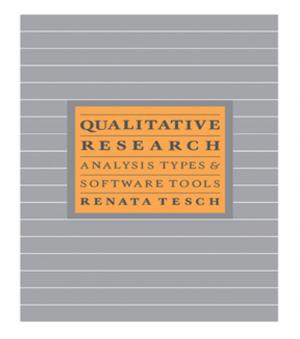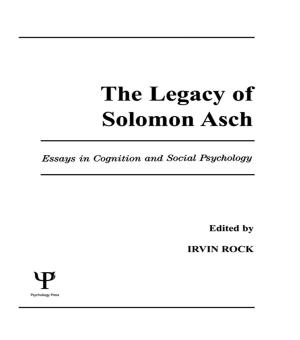A Handbook of Dispute Resolution
ADR in Action
Nonfiction, Social & Cultural Studies, Social Science, Sociology| Author: | ISBN: | 9781134952809 | |
| Publisher: | Taylor and Francis | Publication: | January 11, 2013 |
| Imprint: | Routledge | Language: | English |
| Author: | |
| ISBN: | 9781134952809 |
| Publisher: | Taylor and Francis |
| Publication: | January 11, 2013 |
| Imprint: | Routledge |
| Language: | English |
A Handbook of Dispute Resolution examines the theoretical and practical developments that are transforming the practice of lawyers and other professionals engaged in settling disputes, grievance-handling and litigation. The book explains what distinguishes ADR from other forms of dispute resolution and examines the role ADR can play in a range of contexts where litigation would once have been the only option, such as family law and company law. In some areas, like industrial relations, ADR is not an alternative, but the main method of conflict-intervention, and several contributors draw on their experience of negotiating between management and unions. A wide variety of methods is open to the non-litigious, including resort to Ombudsmen, negotiation, small claims courts and mini-trials; these and other options receive detailed attention. Given the newness of ADR as a discipline, questions about the training of mediators and about the role of central government have not yet been resolved. The final section of the book is devoted to discussion of these issues. Case studies are drawn from the international arena - examples from China, Canada, Australia, Germany and North America place ADR in a cultural and historical perspective.
A Handbook of Dispute Resolution examines the theoretical and practical developments that are transforming the practice of lawyers and other professionals engaged in settling disputes, grievance-handling and litigation. The book explains what distinguishes ADR from other forms of dispute resolution and examines the role ADR can play in a range of contexts where litigation would once have been the only option, such as family law and company law. In some areas, like industrial relations, ADR is not an alternative, but the main method of conflict-intervention, and several contributors draw on their experience of negotiating between management and unions. A wide variety of methods is open to the non-litigious, including resort to Ombudsmen, negotiation, small claims courts and mini-trials; these and other options receive detailed attention. Given the newness of ADR as a discipline, questions about the training of mediators and about the role of central government have not yet been resolved. The final section of the book is devoted to discussion of these issues. Case studies are drawn from the international arena - examples from China, Canada, Australia, Germany and North America place ADR in a cultural and historical perspective.















